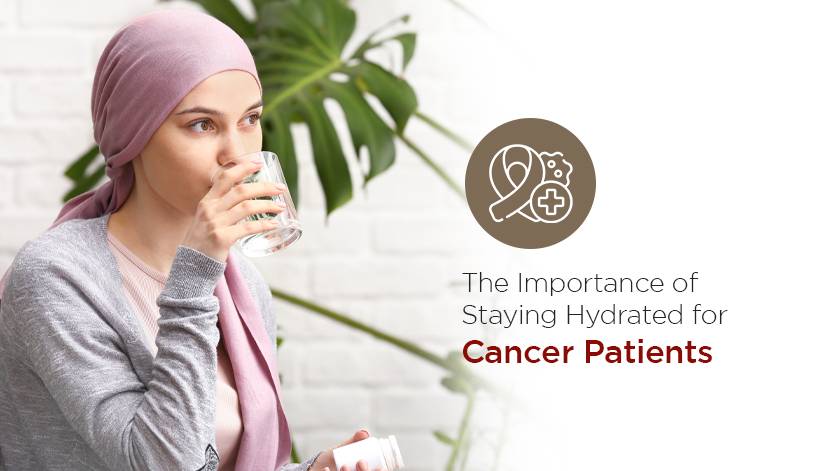Amid the challenges of cancer treatment, patients often encounter side effects that can lead to fluid loss and dehydration. Staying well-hydrated is more than just quenching thirst; it plays a vital role in the treatment and recovery of cancer patients. Every sip of water becomes a source of strength and healing, especially for cancer patients. Let us explore why hydration is so important in cancer care, offering practical insights and alternative ways to stay hydrated, as well as the valuable contributions of cancer doctors of the American Oncology Institute in supporting the well-being of cancer patients on their journey to recovery.
